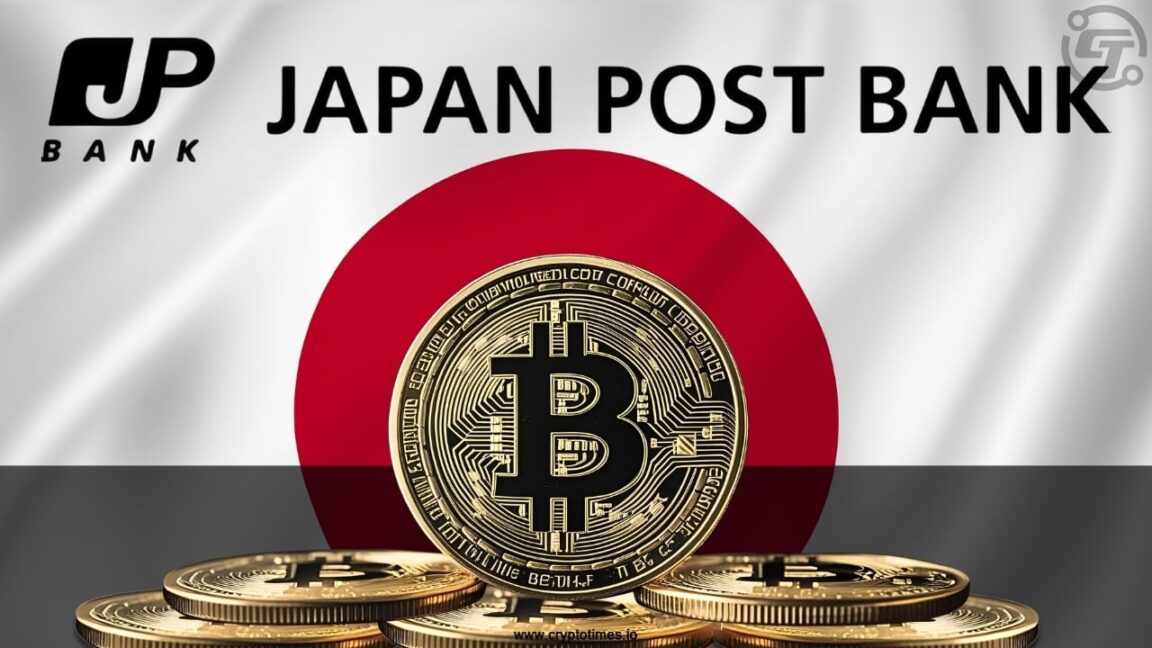Japan Post Bank has announced plans to introduce its own digital currency, DCJPY, by the end of fiscal year 2026. According to the plan, the bank aims to integrate tokenized deposits into Japan’s financial system and expand blockchain-based settlement options for customers.
The project combines regulated banking oversight with blockchain efficiency, creating a new path for digital finance in Japan.
Yen-backed currency on a private blockchain
DCJPY will operate as a yen-backed tokenized deposit. Customers will be able to convert bank deposits into digital form at a one-to-one ratio.
Each unit will be fully backed by regulated deposits, ensuring stability and eliminating volatility risks tied to private stablecoins.
The system will run on a private blockchain developed by DeCurret DCP, a subsidiary of Internet Initiative Japan. The permissioned network will restrict validation to approved participants.
This structure meets Japan’s strict banking regulations and allows faster processing of settlements.
Japan Post Bank, with about ¥190 trillion ($1.3 trillion) in deposits across 120 million accounts, will leverage its scale to drive adoption. The launch may accelerate the use of digital assets nationwide, setting a precedent for other lenders.
Targeted DCJPY use cases
The currency is designed for both retail and institutional use. Customers will gain near-instant transfer options, while financial institutions can apply DCJPY to settle digital securities.
This includes blockchain-based bonds and other tokenized assets. The system could also be used in newer markets such as NFTs and programmable money.
The tokenized deposits may reduce operational risks and shorten transaction cycles in capital markets.
Boston Consulting Group and Ripple project that the tokenized real-world asset market could grow from $600 billion in 2025 to $18.9 trillion by 2033, as reported by Nikkei Asia. DCJPY may help Japan position itself within this expanding sector.
Authorities are also exploring public applications. Local governments may use DCJPY to distribute subsidies or disaster relief directly into digital wallets.
Discussions between DeCurret DCP and local authorities are underway, with implementation depending on demand.
The system could streamline administrative processes and increase efficiency in public payments.
Balancing innovation with regulation
Japan has been cautious about unbacked cryptocurrencies and unregulated stablecoins. By linking DCJPY directly to regulated deposits, Japan Post Bank ensures compliance with financial rules.
This approach addresses concerns about volatility and assures both regulators and depositors.
The move also aligns with Japan’s broader modernization efforts. The Bank of Japan is testing frameworks for a central bank digital currency, and lessons from DCJPY could influence national strategies.
Japan Post Bank’s role in launching the digital yen will likely shape the country’s transition to digital finance.

